
Chinese scientists have achieved a lot of breakthroughs in various fields, such as quantum computing, astronomical observation, and brain-computer interface in 2023. Let's review some of the highlights.
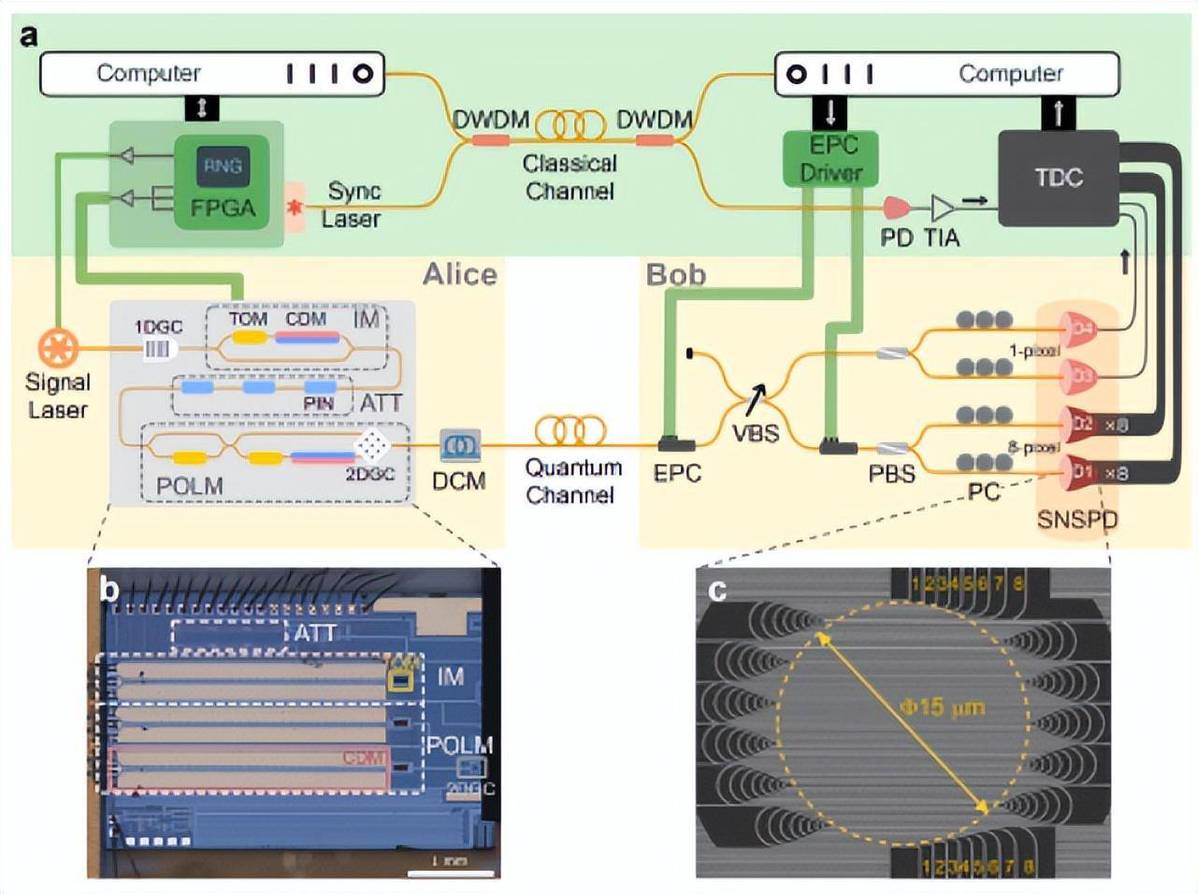
A QKD system that is able to generate secret keys at a record high SKR of 115.8 Mb/s over a 10 km standard optical fiber. [Photo/CCTV]
1. Chinese scientists set new record in high-rate quantum key distribution
Chinese scientists have developed a high-speed quantum key distribution system to generate secret keys at a rate exceeding 110 Mb/s over a 10 km standard optical fiber, setting a new world record in the field.
The achievement is of great significance to the large-scale application of quantum communication and quantum network, according to Xu Feihu, a professor at the University of Science and Technology of China.
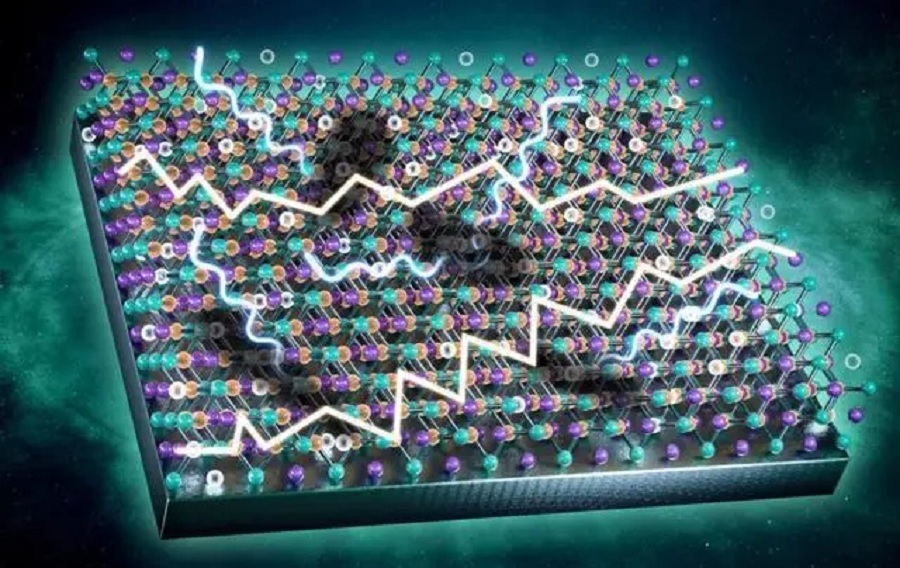
Superionic hydride ion conductor [Photo/cas.cn]
2. Chinese scientists develop first superionic hydride ion conductor at ambient conditions
Chinese scientists have developed the first superionic hydride ion conductor at ambient conditions, according to the Dalian Institute of Chemical Physics of the Chinese Academy of Sciences.
With strong reducibility and high redox potential, the hydride ion (H-) is a reactive hydrogen species and an energy carrier. Materials that conduct pure H- at ambient conditions will be enablers of advanced clean energy storage and electrochemical conversion technologies.
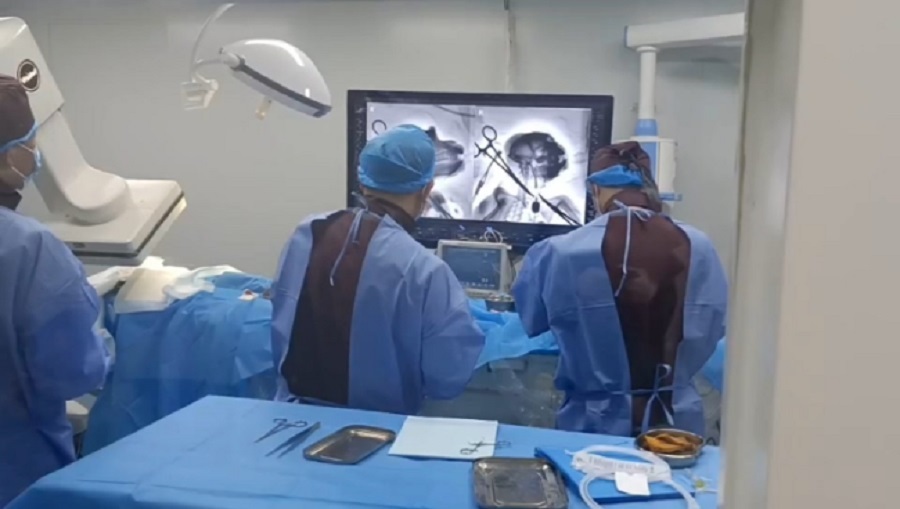
Chinese doctors successfully implement a brain-computer interface in monkeys. [Photo/nankai.edu.cn]
3. China completes world's first brain-computer interface experiment on primate subject
China has successfully conducted the world's first brain-computer interface experiment on a non-human primate in Beijing.
The experiment successfully implemented a brain-computer interface in monkeys, allowing them to control a robotic arm with their thoughts. The experiment's success has positioned China as a front-runner in the technology.
Experiment offers hope for robotic limbs
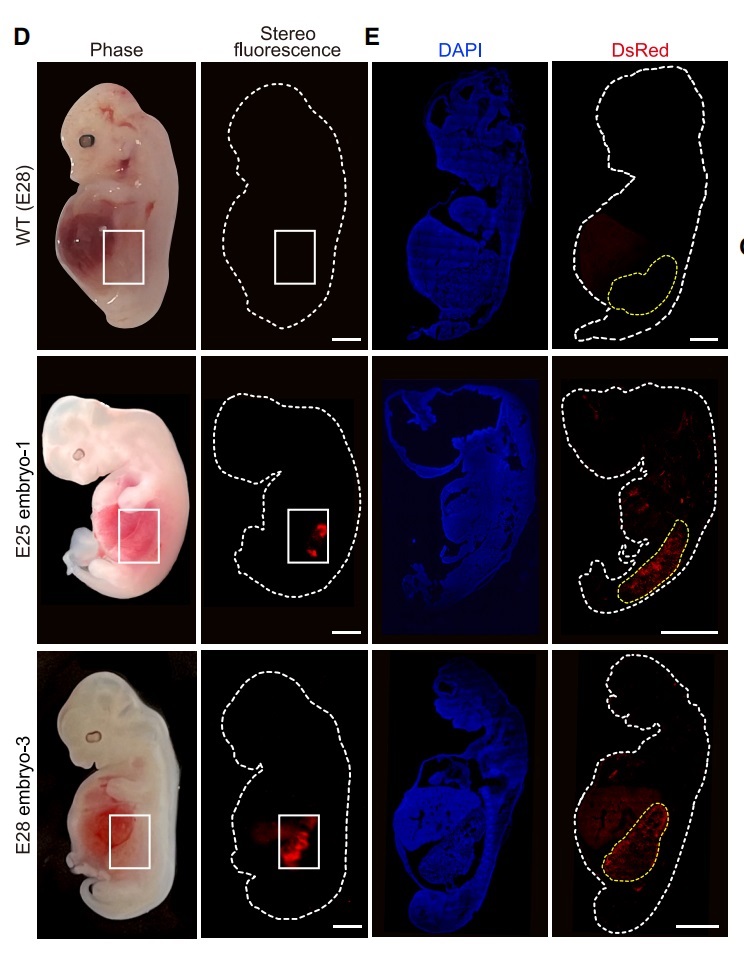
A Chinese team grows human kidneys in pig embryos. [Photo/Cell Stem Cell]
4. Scientists grow human kidneys in pig embryos
A Chinese team has grown, for the first time in the world, kidneys from human stem cells inside pig embryos.
The advance that brings pig-grown human organs closer to reality will open an exciting avenue for kidney transplants and a new window for studying human kidney development, according to a study published in the journal Cell Stem Cell.
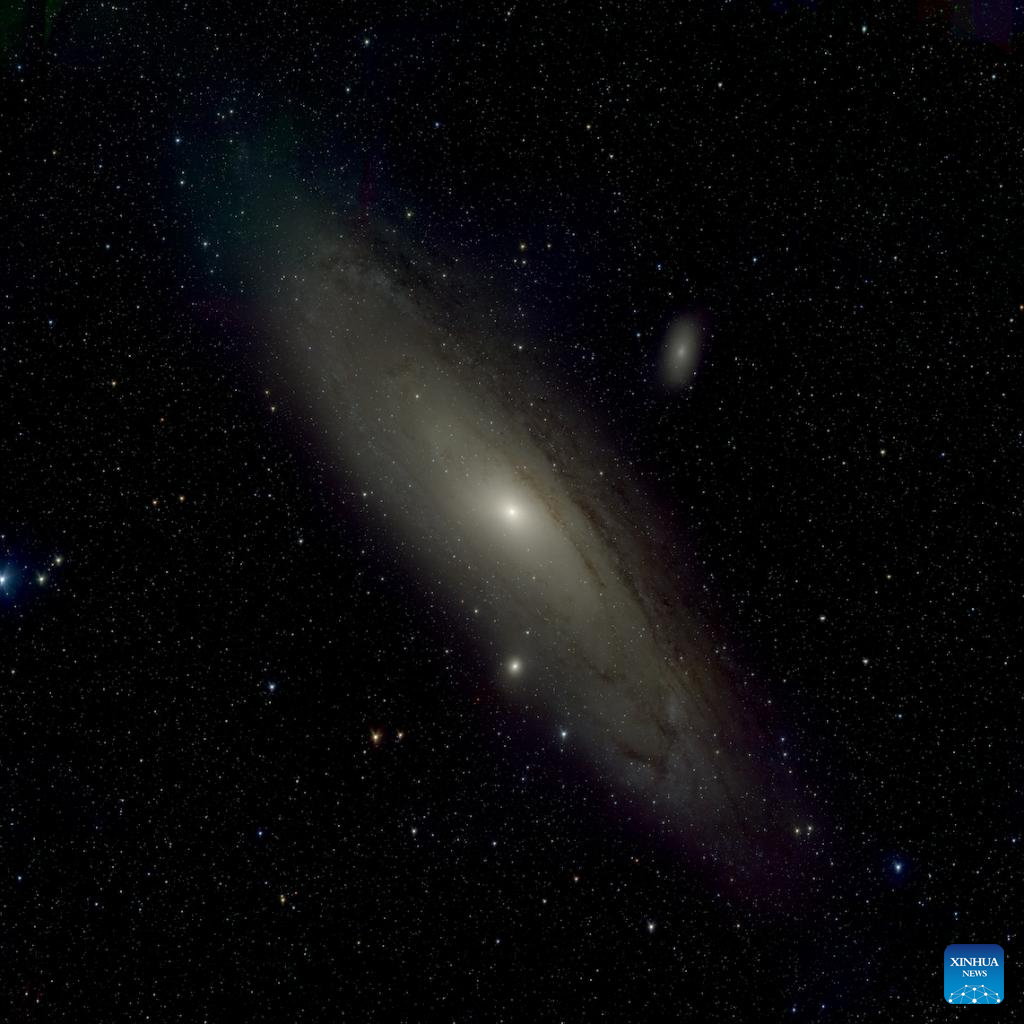
This photo shows the image of Andromeda as seen through the Wide Field Survey Telescope Mozi. [Photo/Xinhua]
5. China releases first image captured by new wide-field survey telescope
A wide-field telescope capable of surveying the entire Northern Hemisphere sky was put into operation on Sept 17, 2023, in Northwest China's Qinghai province, and its first image -- the Andromeda Galaxy, located over 2 million light-years away -- has already been released.
Developed by the University of Science and Technology of China and the Purple Mountain Observatory of the Chinese Academy of Sciences, the Wide Field Survey Telescope is now the largest time-domain survey facility in the Northern Hemisphere.
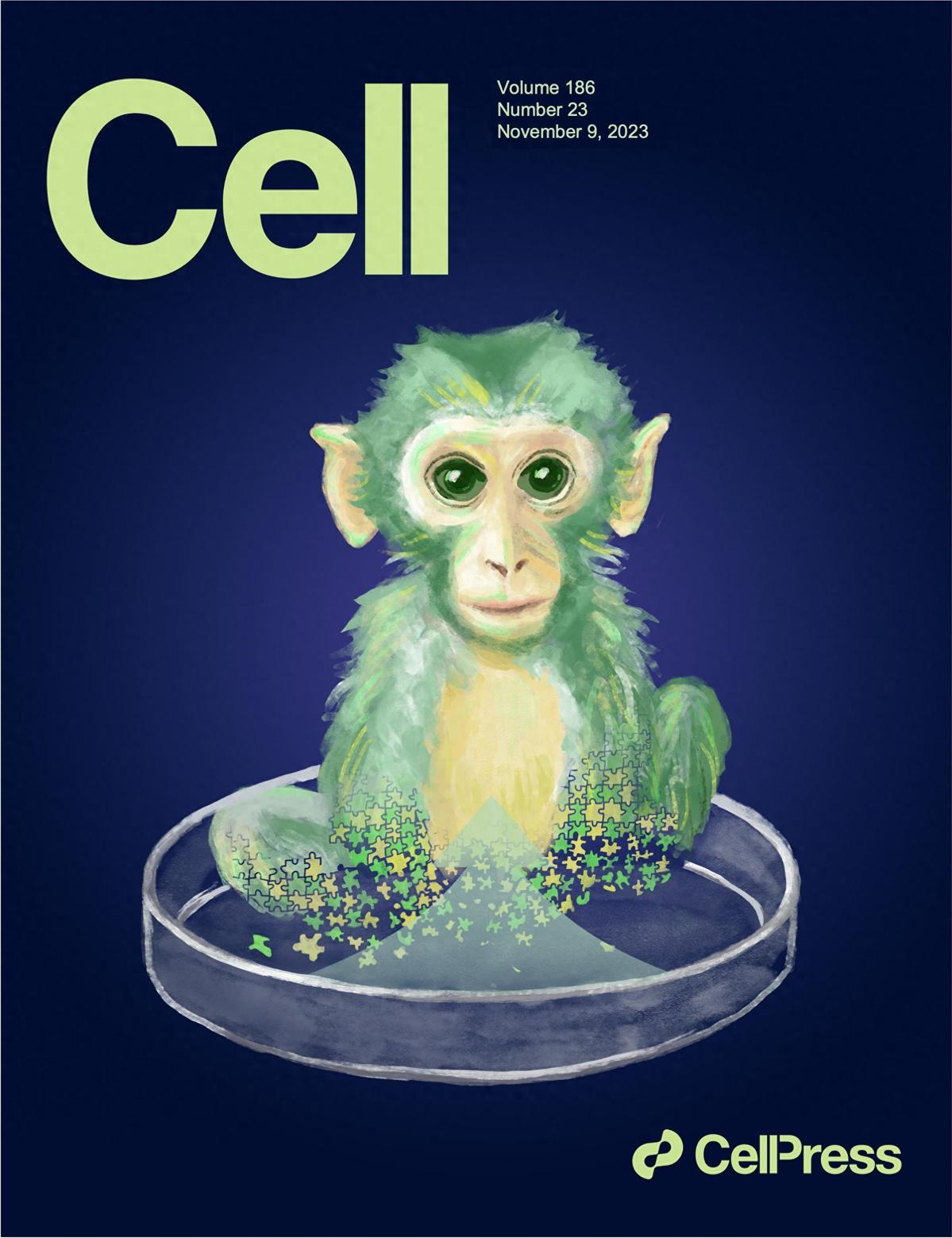
Chinese scientists pave the way to use chimeric primates to study human diseases. [Photo/The Center for Excellence in Brain Science and Intelligence Technology]
6. Chinese scientists report first live birth of chimeric monkey
A team of Chinese scientists has confirmed the first live birth of a monkey that contains a high proportion of cells derived from a monkey stem cell line, which paves the way for scientists to use chimeric primates to study human diseases.
The experiment demonstrated that the monkey stem cells, a type of cell able to develop into many different cell types, could efficiently contribute to placental tissues outside the embryo and germ cells. (chinadaily.com.cn)

86-10-68597521 (day)
86-10-68597289 (night)

52 Sanlihe Rd., Xicheng District,
Beijing, China (100864)

